New Puppy Not Drinking Water: Essential Solutions for Your Pup’s Hydration
When we welcome a new puppy into our home, we’re embarking on an exciting journey filled with playful moments and adorable discoveries. However, it’s not uncommon for puppy parents to encounter a hiccup or two, particularly regarding their furry friend’s hydration habits. Understanding that puppies, much like infants, require consistent hydration for their health and growth is paramount. This becomes especially crucial when we realize that dehydration in young dogs can escalate quickly, leading to serious health complications.
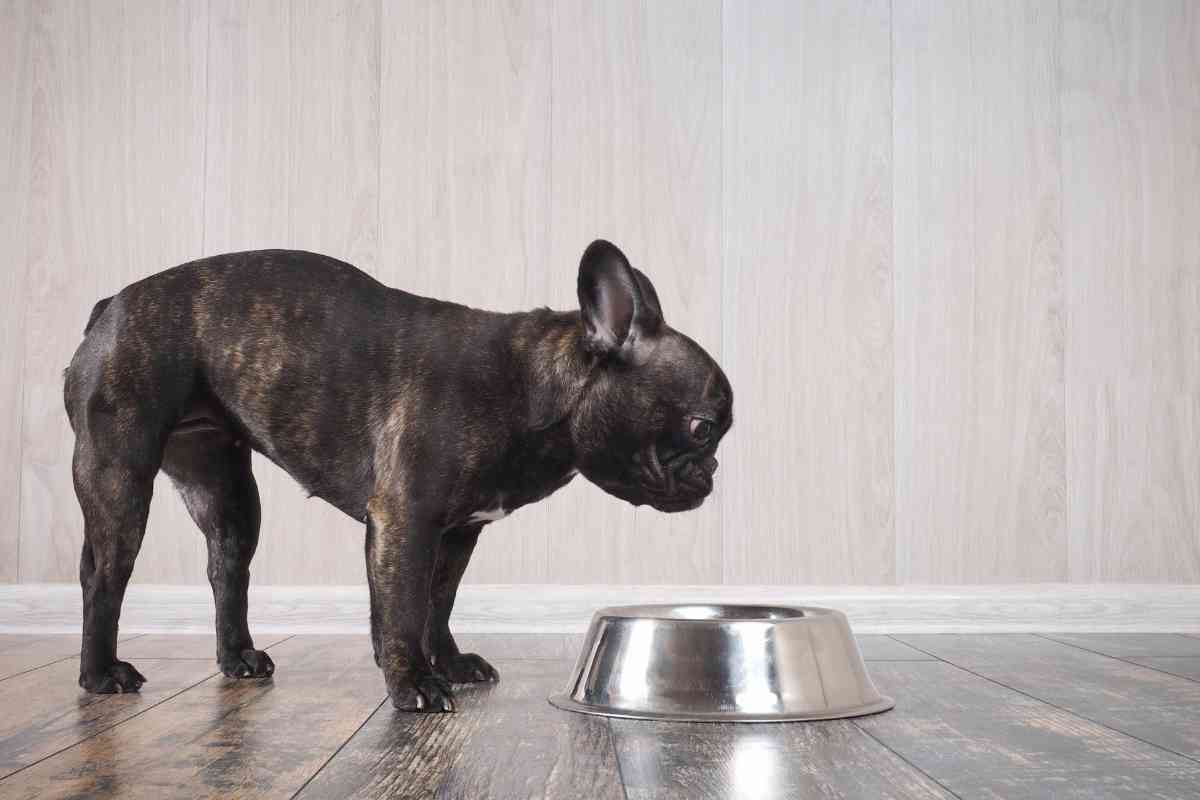
Related Post! Should I Leave Out Water For My Puppy All The Time?
Why is my new puppy not drinking water?
If your new puppy isn’t drinking water, it could be due to stress from adapting to a new environment, unfamiliarity with the water bowl, or feeling unwell. Puppies need consistent hydration for their health and development, so monitoring their behavior and consulting a veterinarian if this issue persists is crucial.
One reason a puppy might not drink water could be the stress of adapting to a new environment. Just like us, puppies can feel overwhelmed in unfamiliar settings. Another reason could be the puppy’s unfamiliarity with the water bowl or even feeling a bit under the weather.
To ensure our puppy’s well-being, it’s vital to monitor their water intake and observe their behavior closely. A decrease in drinking could signal health issues, necessitating our vigilance for signs of illness or stress. Refreshing their water regularly and gently guiding them to their bowl can be effective strategies.
If the puppy hasn’t been drinking for a considerable time or exhibits symptoms of dehydration—like lethargy, dry gums, or sunken eyes—it’s critical to consult a veterinarian. They might advise specific interventions, like hand-feeding newborn puppies with a specialized formula.
Clean, fresh water should always be accessible to the puppy, and the bowl should be within easy reach. If these steps don’t encourage the puppy to drink, seeking veterinary advice is a wise move to protect their health.
Key Takeaways
- Puppies need adequate hydration to maintain their health.
- Monitoring and encouraging water intake are crucial.
- Consult a veterinarian if there are extended periods without drinking.
Addressing Hydration Issues
Promptly addressing hydration issues in a new puppy is essential for their health. Prolonged dehydration can lead to serious conditions like kidney disease, diabetes, and urinary tract infections. Let’s delve into methods to encourage water consumption, identify health concerns, and foster a positive drinking environment.
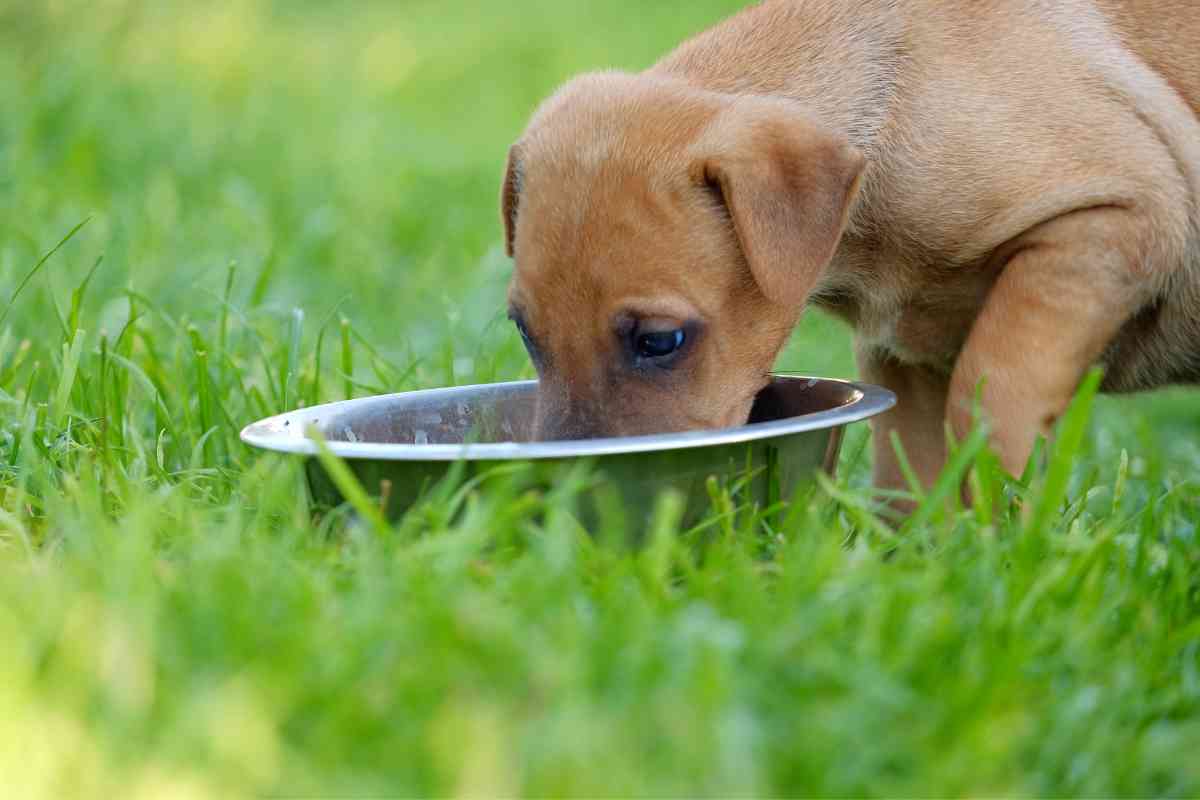
Encouraging Water Consumption
Encouraging the puppy to drink water is our primary goal. If a puppy is hesitant or shows signs of resource guarding or anxiety around their water bowl, these tips might help:
- Ice cubes: A playful way to encourage water intake.
- Flavor enhancement: Adding a bit of chicken broth can make water more appealing.
- Freshwater: Consistently offer clean, fresh water to avoid deterrence by stale water.
Identifying and Managing Health-Related Concerns
Be alert for symptoms like nausea, loss of appetite, diarrhea, and vomiting, which can contribute to dehydration. Prompt action is vital:
- Monitor a puppy with vomiting or diarrhea for dehydration signs.
- Loss of appetite or nausea might also indicate a health issue needing a vet’s attention.
- Treating such situations as emergencies and seeking professional advice quickly is often the best course of action.
Incorporating these guidelines into your puppy care routine can ensure your furry friend stays hydrated and healthy. Remember, when in doubt, always consult your veterinarian for the best advice tailored to your puppy’s specific needs.
Related Post! How To Settle A Dog’s Upset Stomach And Diarrhea
Creating a Positive Drinking Environment
The puppy’s environment can significantly affect their willingness to drink water. We should consider several factors to ensure they’re comfortable:
| Factors | Strategies |
| New surroundings | Keep the puppy in a familiar area with their water bowl. |
| Different location | Place the water bowl in a quiet, traffic-free zone. |
| Unfamiliar place | Gradually introduce the puppy to new spaces with their bowl. |
| Material of water bowl | Avoid materials like plastic that can retain odors. |
| Noise and disturbances | Minimize noise and chaos to reduce anxiety. |
Following these steps, we aim to foster a stress-free and inviting space for the puppy to drink, maintaining their hydration and overall well-being.
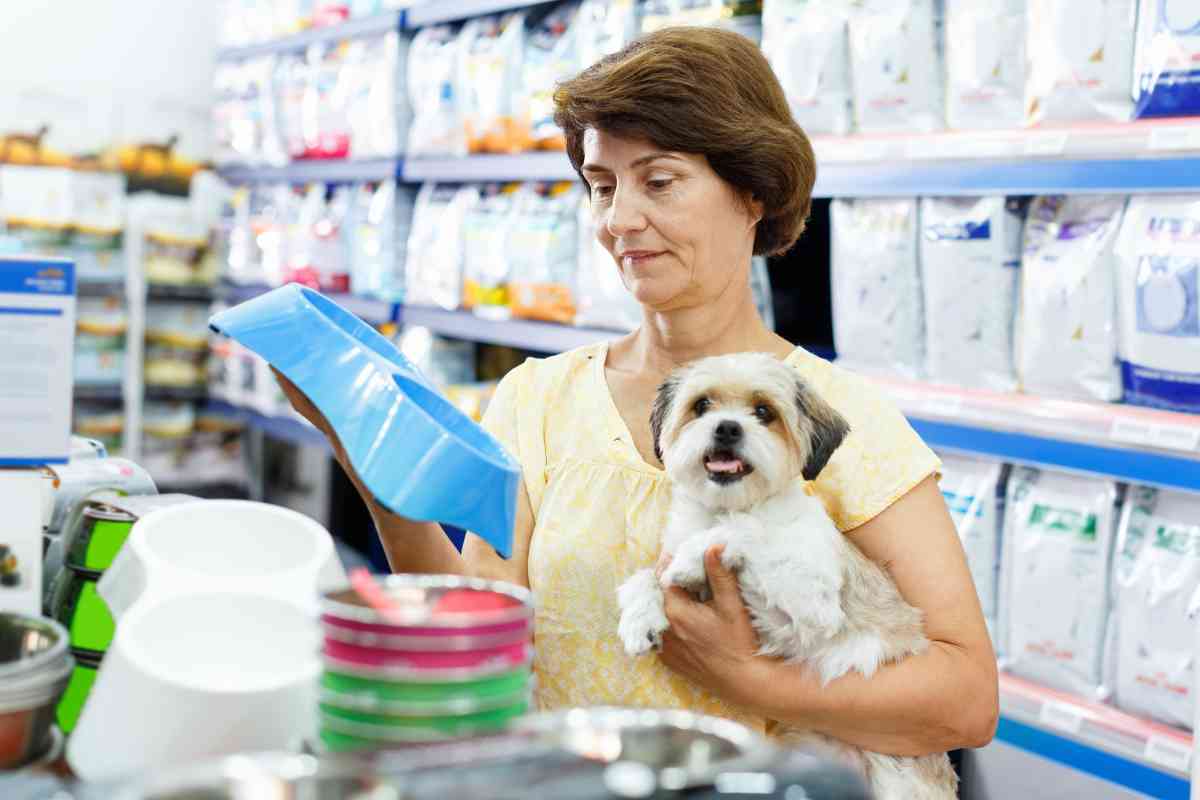
Understanding Puppy Hydration
Proper hydration is fundamental for puppies, supporting their rapid development and overall health. As their guardians, it’s our responsibility to ensure they consume an adequate amount of water.
Importance of Water for Puppies
Water, crucial for all living beings, is particularly vital for puppies. It accounts for approximately 80% of a puppy’s body, playing a critical role in various bodily functions such as digestion, circulation, and waste elimination. For puppies, a consistent water supply is essential to maintain their growth rate and overall health.
- Healthy Development: Adequate water intake is crucial for a puppy’s growth and development.
- Temperature Regulation: Puppies rely on water to regulate their body temperature, especially after exercise or in hot weather.
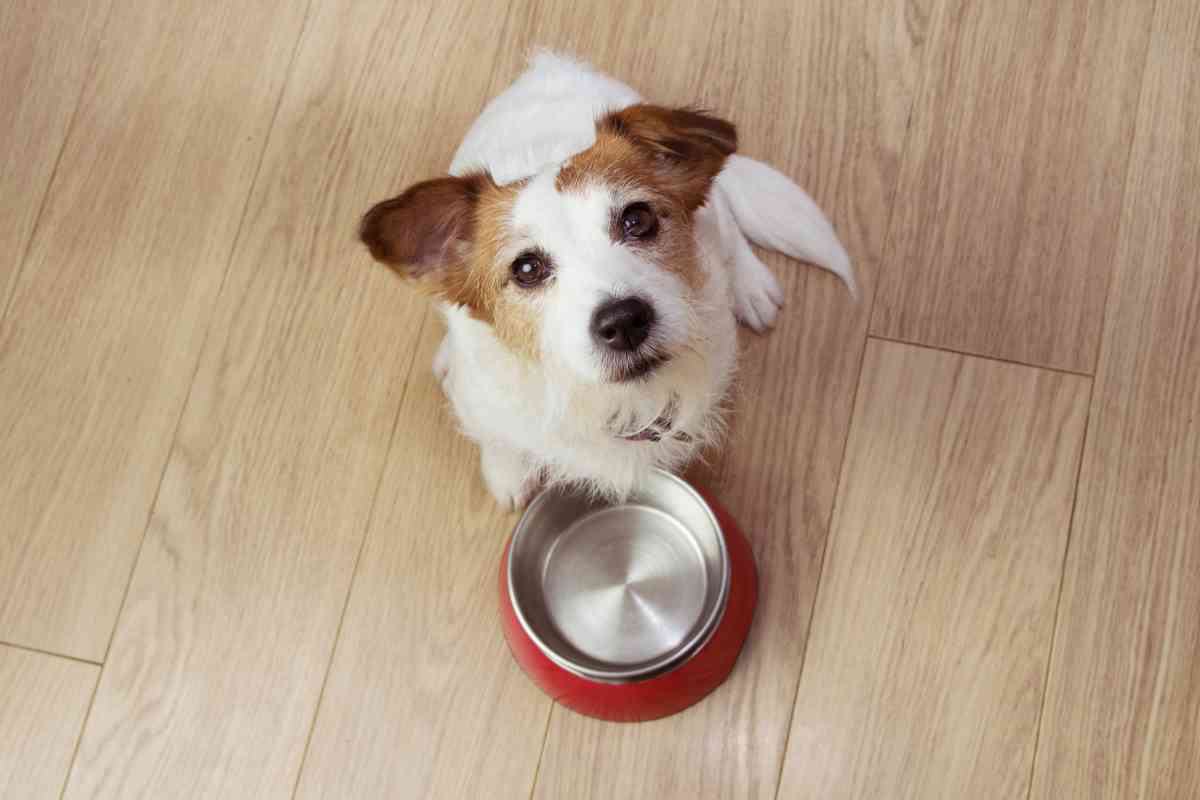
Determining Water Needs
A puppy’s weight is a key factor in determining how much water they need. Typically, a puppy should drink about half a cup of water every two hours and requires approximately one ounce of water per pound of body weight per day. Factors like activity level, type of food (dry food vs. wet food), and environmental conditions can influence their daily water needs.
Recognizing Dehydration
Dehydration in puppies can lead to serious health problems. Early recognition of dehydration symptoms is vital.
Symptoms of a Dehydrated Dog Or Puppy:
- Sunken eyes
- Lethargy
- Dry gums
- Dry nose
- Lack of appetite
- Loss of skin elasticity
If you notice these signs of dehydration, it’s important to increase their fluid intake and consult a veterinarian if conditions don’t improve.
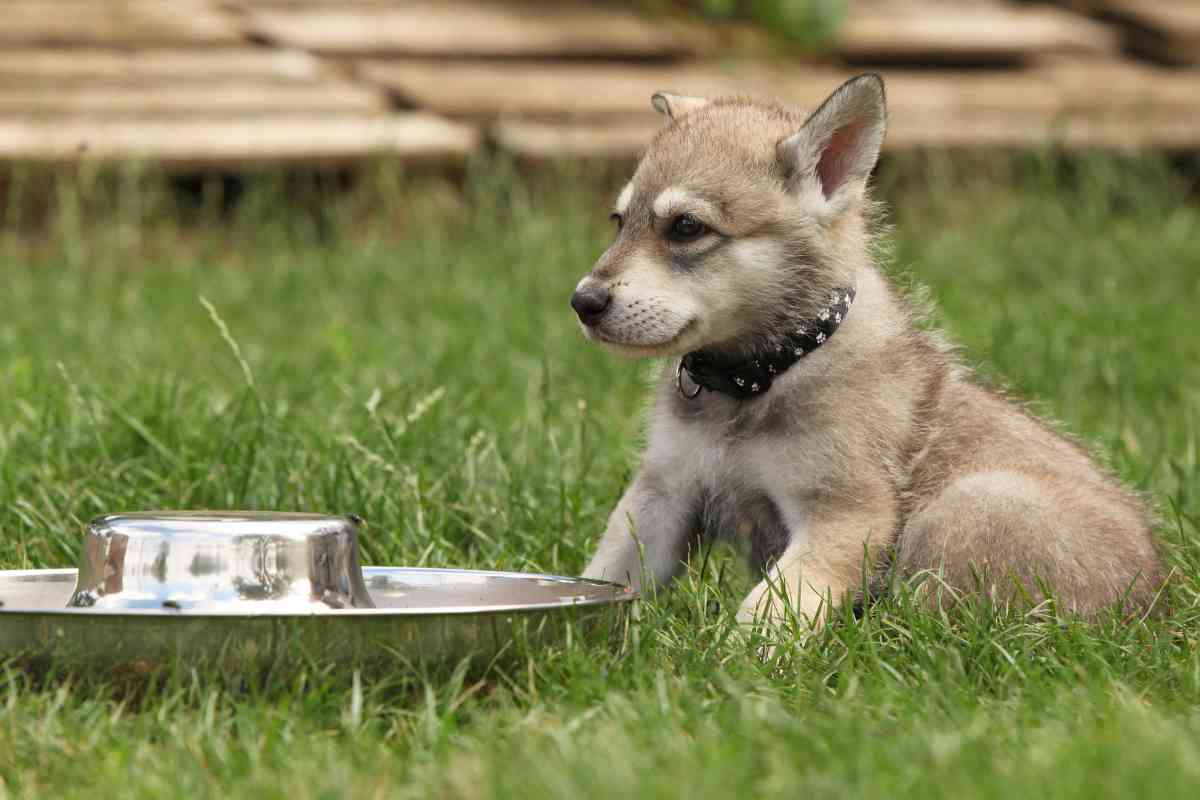
Factors Influencing Water Intake
Several factors affect a puppy’s water intake, and understanding these can help ensure they stay hydrated:
| Factor | Influence on Water Intake |
| Exercise | Increases need |
| Hot Weather | Increases need |
| Dry Food | Increases need |
Monitoring a puppy’s water intake is part of ensuring they grow into healthy dogs. We should always provide clean, fresh water and encourage them to drink regularly throughout the day.